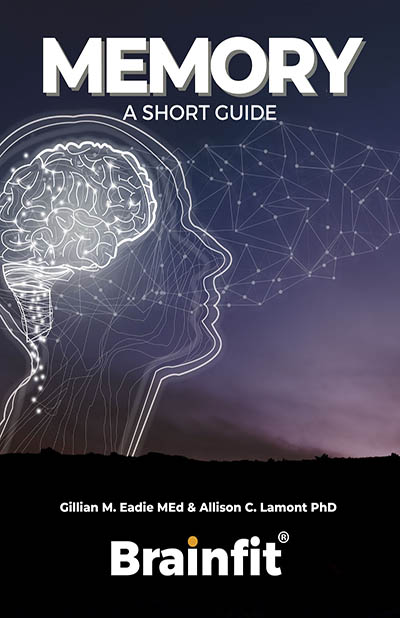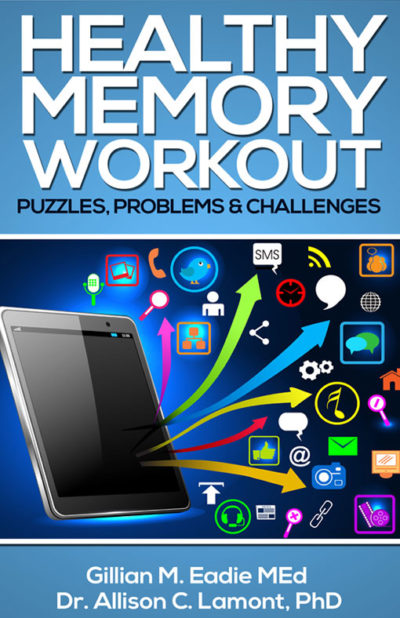Somewhere in the remote Nicoyan peninsula of Costa Rica, a 101-year-old great-great-grandmother has already cleared brush, chopped wood and made tortillas from scratch – all before you have finished reading your morning newspaper. And here’s the best part: she’s not alone.
For the the last five years, Dan Buettner has taken teams of scientists to five places where people live the longest, healthiest lives. He calls them the Blue Zones.
A remote part of Sardinia, Italy has 20 times as many 100-year-olds as the U.S. does, proportionally. Okinawa, Japan has people with the longest disability-free life expectancy in the world. Add to these Ikaria, Greece, Loma Linda, California and the Nicoya Peninsula, Costa Rica and you’ll find people who live 10 years longer, experience a sixth the rate of cardiovascular disease and a fifth the rate of major cancers.
How do they do it?
Not with fad diets, crazy workouts or self help cliches.
These 9 simple, common-sense habits are a natural part of their daily routine.
1) Move naturally — be active without thinking about it. Make activities you enjoy part of your day.
* Inconvenience yourself: Park away from the entrance, buy a bike, broom, rake, and snow shovel.
* Have fun, be active. Join an exercise class, try Tai Chi, play golf, for example.
* Walk! Nearly all the centenarians we’ve talked to take a walk every day.
2) Cut calories by 20 percent. Okinawan folk stop eating once their stomachs are 80 percent full.
* Serve yourself, put the food away, then eat.
* Use smaller plates, plates, bowls, and glasses.
* Sit down to eat – not in the car or standing in front of the fridge.
3) Plant-based diet. Bump up your intake of fruits and vegetables.
* Reduce the amounts of meat and cheese you eat
* Use beans, rice or tofu as the anchor to your meals.
* Eat nuts! Have a 2-ounce handful of nuts daily (it’ll stop you from digging in the chip bag).
4) Drink red wine (in moderation)
* Keep a bottle of red wine near your dinner table.
* Keep the daily intake to two servings or less.
5) Determine your life purpose. Why do you get up in the morning?
* Write your own personal mission statement.
* Take up a new challenge – learn a language, computer programme or an instrument.
6) Down shift — take time to relieve stress. Schedule relaxation into your day.
* Don’t rush – plan on being 15 minutes early.
* Cut out the noise – limit time spent with the television, computer, or radio.
7) Belong / participate in a spiritual community.
* Deepen your existing spiritual commitment.
* Seek out a new spiritual or religious tradition.
8) Put loved ones first / make family a priority.
* Establish family rituals (game night, family walks, Sunday dinners).
* Create a place for family pictures and souvenirs that shows how you’re all connected.
* Get closer: consider downsizing to a smaller home to promote togetherness.
9) Pick the right tribe — The people who surround you influence your health.
* Surround yourself with like-minded people. Reconsider ties to people who bring you down.
* Be likeable!
Sounds too simple? Remember, simple doesn’t mean easy!
Dan Buettner recommends that you pick two or three of these to work on at a time. Research has shown that if you can sustain a behavioural change for six weeks, you should be able to sustain it for the rest of your life.
Which, as the world’s centenarians have shown us, should be a long, long time.
Dan Buettner is a writer, holder of three Guinness world records in long-distance cycling, and leader of multiple international adventures. This article based on his story in the Huffington Post, August 3, 2015





I have made a copy of this article and have put it in a perspex frame I have. That way I will see it multiple times a day. I am well on the way for quite a bit of it but you can always do better. Thank you.
That’s a great idea, Jennifer. Having a checklist like that just keeps all of us on track. Well done!